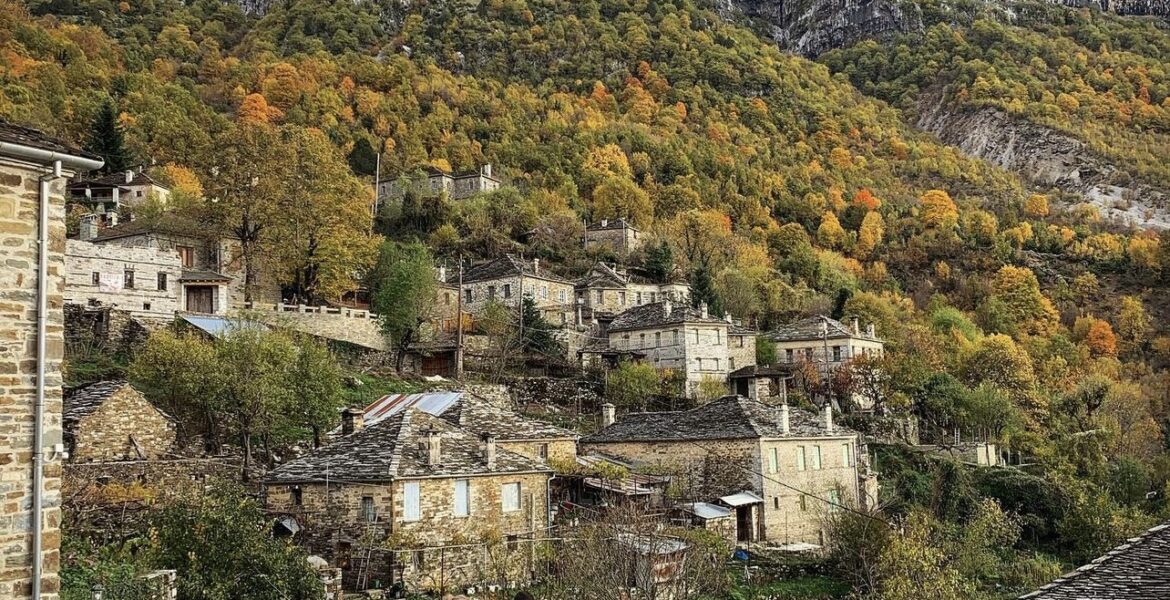Zagori, renowned for its profound cultural heritage, achieved a significant milestone for Greece as it was recently inscribed on the prestigious UNESCO World Heritage List, as declared by the Greek Culture Ministry on Tuesday.
This momentous inclusion marks a ground breaking departure from tradition, as Zagori becomes the first "cultural property" from Greece's contemporary era to earn such distinguished recognition. Historically, UNESCO's focus primarily gravitated toward ancient or Byzantine sites.
Culture Minister Lina Mendoni expressed UNESCO's acknowledgment of Zagorochoria's architectural treasures, highlighting the exceptional universal value inherent in the interplay between Byzantine and Ottoman architectural styles within this captivating destination.
Zagori proudly secures its position as Greece's 19th addition to the UNESCO World Heritage List, underscoring its authenticity and integrity as vital criteria for achieving this esteemed status. It joins the ranks of the 18 other UNESCO World Heritage sites in Greece, which include renowned landmarks such as the Temple of Apollo Epicurius, the Acropolis of Athens, Delphi, Epidaurus, the medieval town of Rhodes, Meteora, Mount Athos, Byzantine monuments of Thessaloniki, Ancient Olympia, Mystras, Delos island, the Daphne monasteries, Samos Pythagorion, Vergina, the Saint John monastery in Patmos island, Mycenae and Tiryns, and Corfu town.
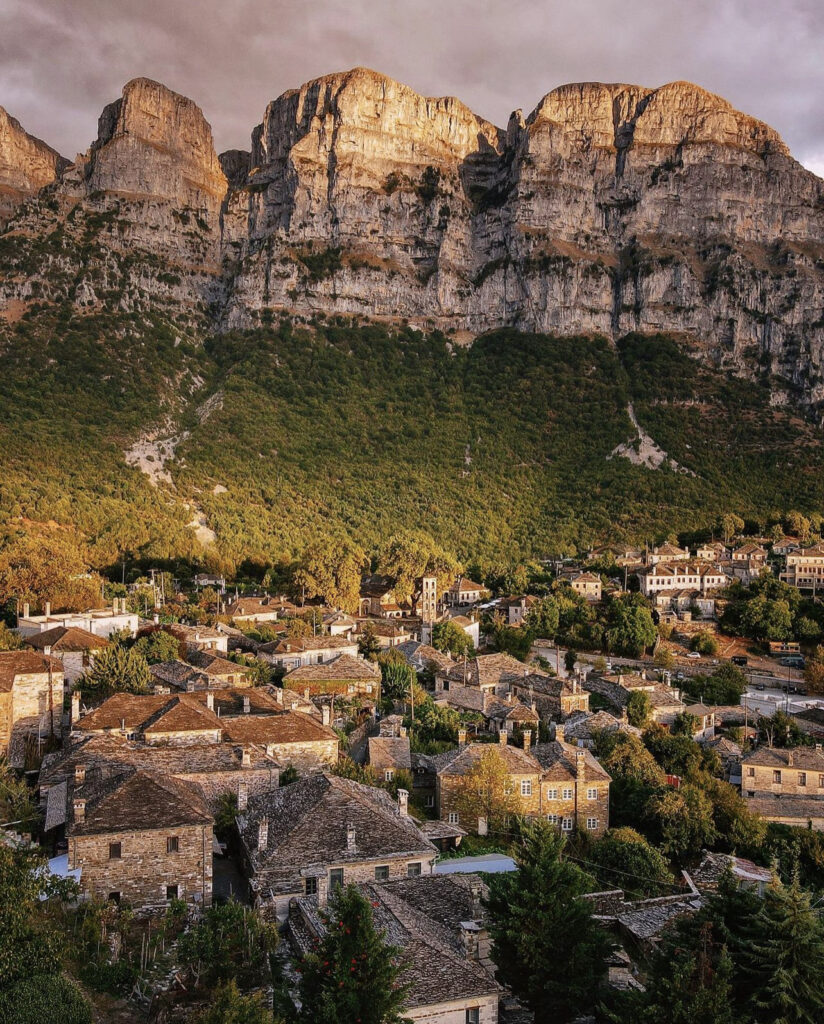
Unique Architecture: Stone Settlements
Nestled within the secluded rural expanse of northwestern Greece, Zagori is home to a collection of picturesque stone villages collectively referred to as Zagorochoria. These charming settlements typically revolve around a central square adorned with ancient plane trees, enveloped by sacred forests meticulously tended to by the local communities.
What distinguishes these villages architecturally is their exquisite design that seamlessly blends with the rugged mountainous terrain. A network of stone-arched bridges, cobblestone pathways, and stone staircases interconnect these villages, forming a crucial system that served not only as a political but also as a social unit, uniting the communities of the Voïdomatis River basin.

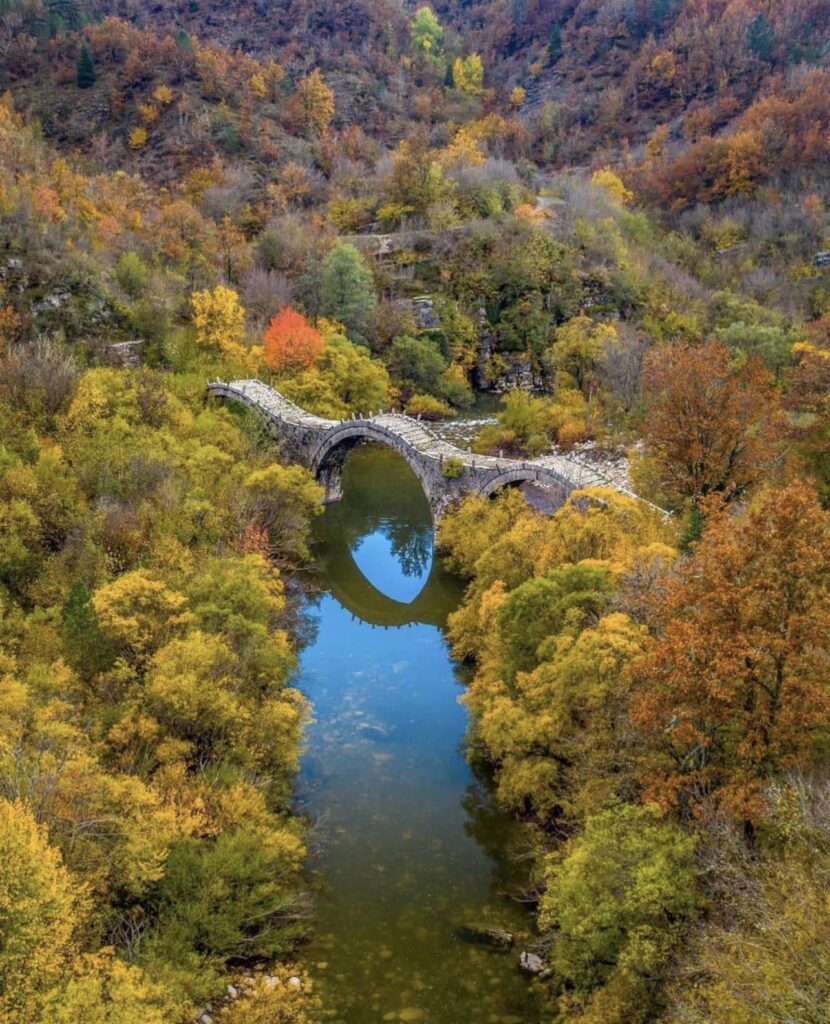
Minister Mendoni underscored the inscription of Zagori on the UNESCO World Heritage List as both an invitation and a commitment for Greece to safeguard and preserve this newfound global heritage.
Furthermore, the minister expressed gratitude towards the dedicated efforts of the ministry's services, the Ministry of Foreign Affairs, Epirus Regional Governor Alexandros Kachrimanis, Zagori Mayor George Soukouvelos, and the residents of the destination. Together, they collaborated with a team of experts, including archaeologists, historians, biologists, and architects, to compile the nomination file submitted to UNESCO in February 2022.
Zagori's inclusion on the UNESCO World Heritage List was formally announced during the 46th session of UNESCO's World Heritage Committee held in Riyadh.
What Makes Zagori Special
Zagori, situated in the heart of northwestern Greece, is a truly unique destination known for its rich cultural heritage and breathtaking natural beauty. Its recent inclusion on the UNESCO World Heritage List underscores its exceptional significance.
Zagori is a region of picturesque stone villages, collectively known as Zagorochoria, which are nestled amidst pristine landscapes. These villages are characterised by their harmonious architectural design that seamlessly integrates with the rugged mountainous terrain. The central squares of these villages are adorned with ancient plane trees and surrounded by sacred forests, lovingly preserved by local communities.
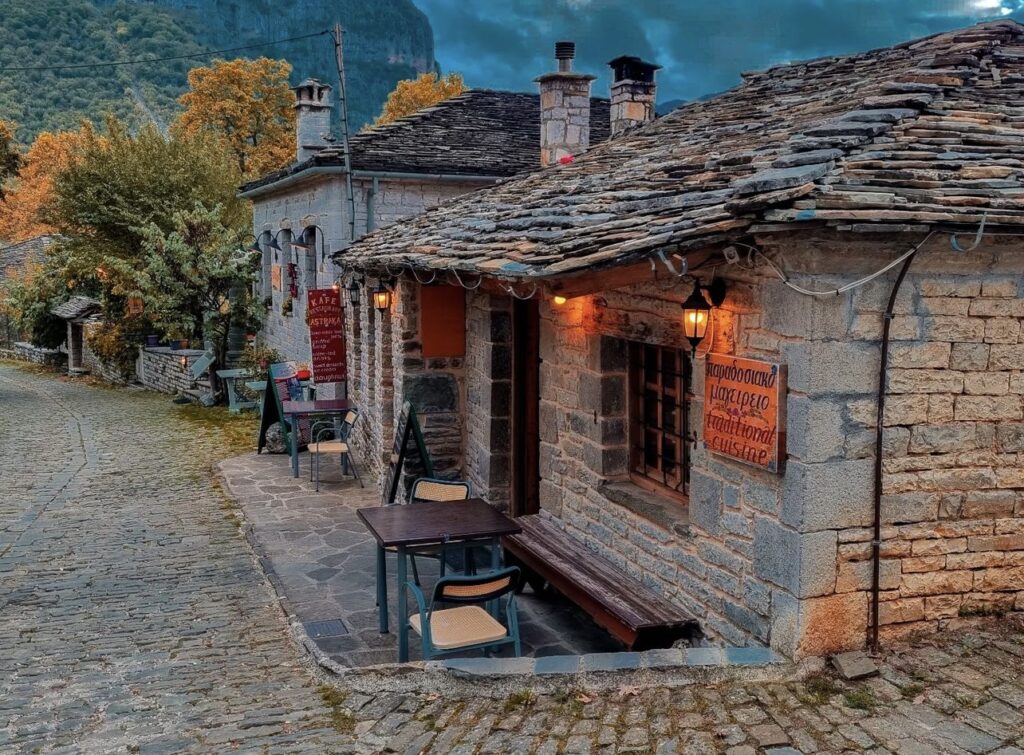
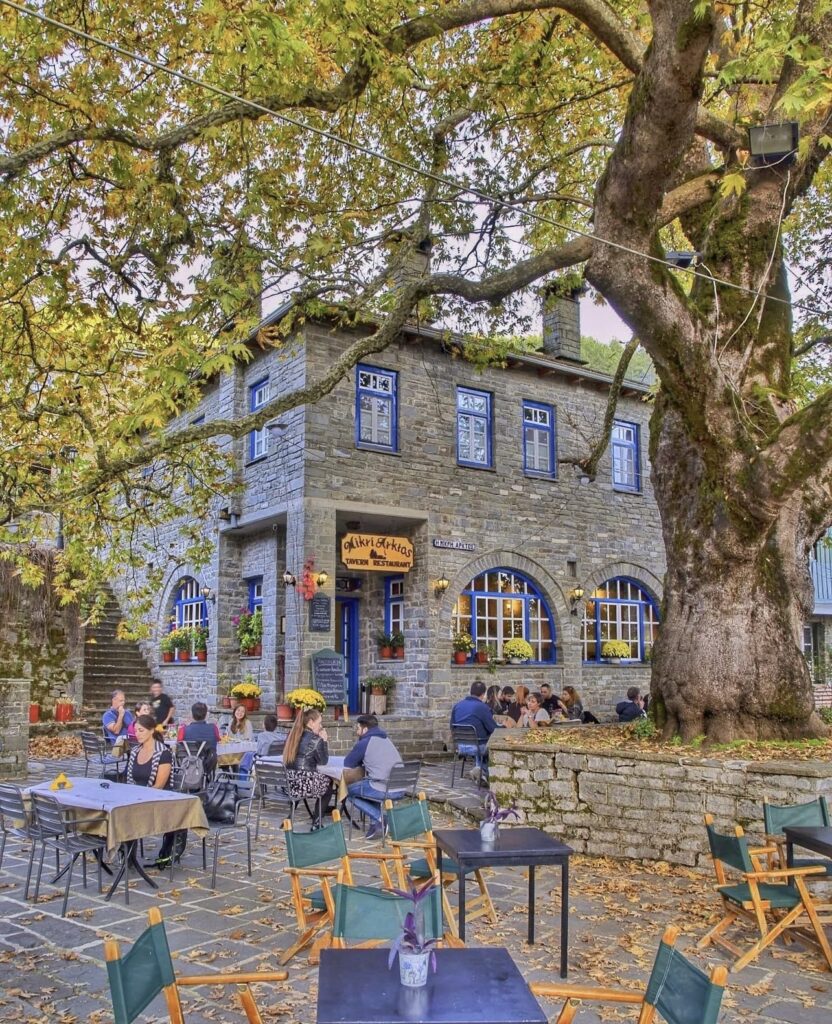
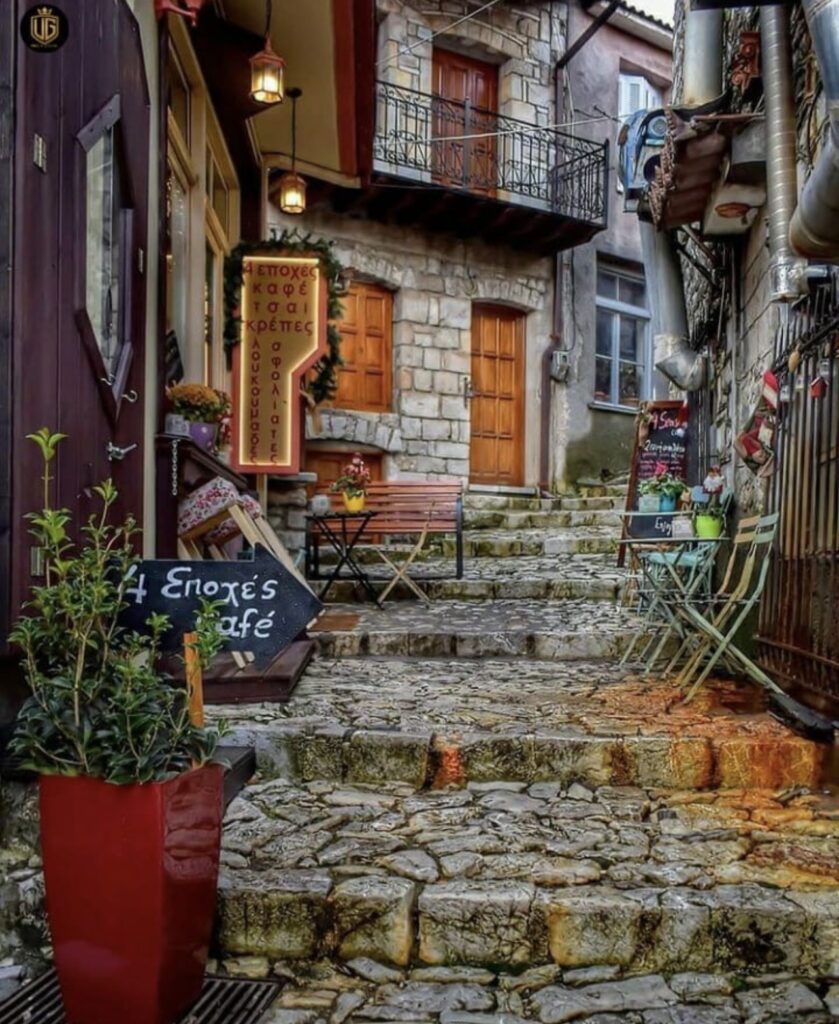
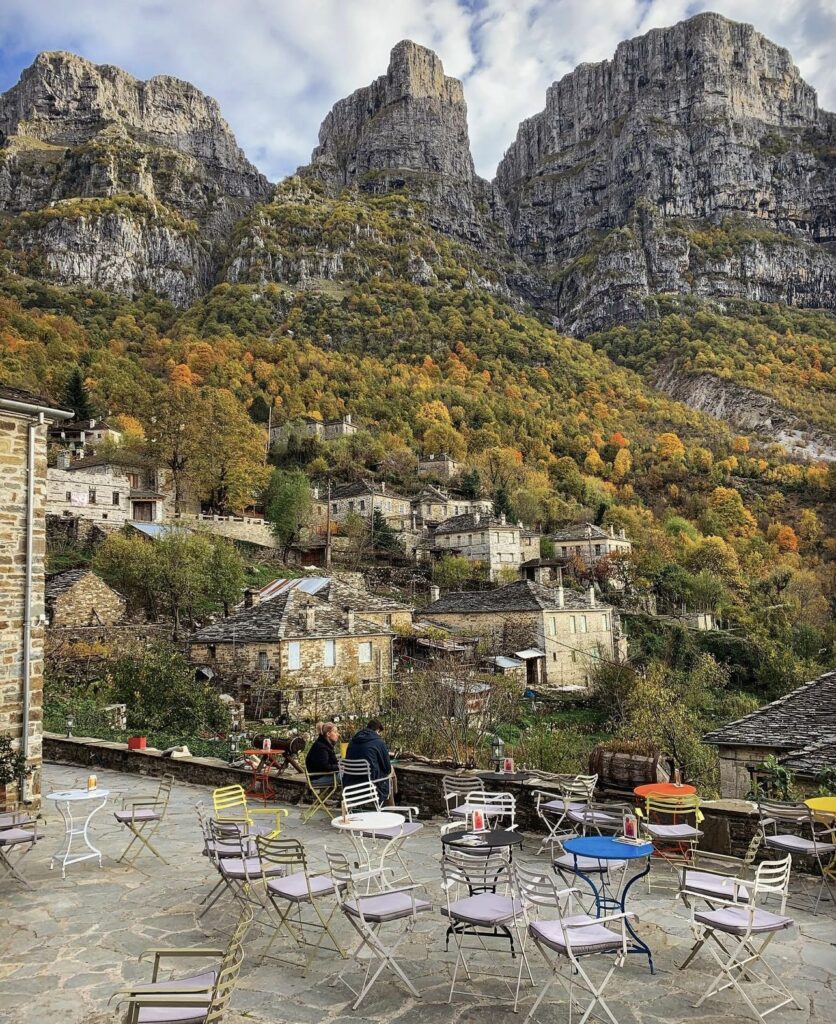
One of the defining features of Zagori is its network of stone-arched bridges, cobblestone paths, and stone staircases that connect the villages. This intricate system not only serves as a practical means of travel but also unites the communities of the Voïdomatis River basin, both politically and socially.
What sets Zagori apart is its ability to showcase the coexistence and interaction of Byzantine and Ottoman architectural styles, which UNESCO has recognised as having exceptional universal value. This recognition is a testament to Zagori's authenticity and integrity, making it a cultural treasure of global importance.
Zagori's inclusion on the UNESCO World Heritage List serves as an invitation and commitment to preserve and safeguard this newfound global heritage, ensuring that future generations can continue to appreciate its beauty and cultural significance.
Read also Sunken Greek Temple of Aphrodite Unearthed Off Egypt's Coast

